Roundup Top 10!

Putting Ukraine in Its Placeby Peter BeinartFrom the current debates you’d never know what matters more: Russia’s land grab, Iran’s nuclear program, or China’s territorial claims. How America stopped thinking strategically. |
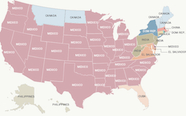
Pew: How America’s source of immigrants has changed over a centuryby Jens Manuel Krogstad and Michael KeeganOnce they came from Germany. And now it's Mexico. |

Has Rising Inequality Brought Us Back to the 1920s? It Depends on How We Measure Incomeby Gary BurtlessThough most experts on income measurement are aware of the shortcomings of the standard income measures, it is surprising how little of this knowledge has seeped into popular discussion of inequality. |
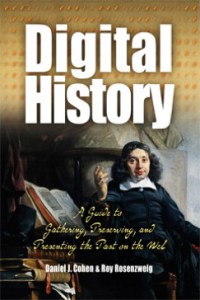
The Differences between Digital History and Digital Humanitiesby Stephen RobertsonSo what are the differences between digital history and ‘dh’/digital literary studies? In the current landscape in the US, broadly speaking, two stand out. |
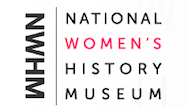
Why do conservatives have the edge in the debate about abortion?by Ann M. LittleTheir position exploits America’s discomfort with open conversations about sexuality and sexual knowledge. |
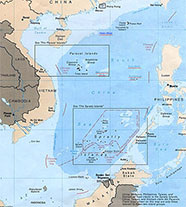
Why Are So Many Countries Now Fighting Over Rocks in the South China Sea?by Mel GurtovChina’s national identity has become deeply intertwined with territorial issues. |

And now, for another view of Hitlerby Corey RobinIn 2010, Ukraine’s government officially recognized Bandera as a national hero, a move that was condemned by the European Parliament among others. |
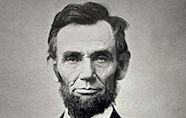
Lincoln wasn't a failure at 50by Scott A. SandageWhy does the myth refuse to die? |
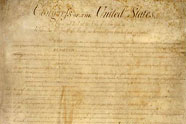
2nd Amendment: What Did the Framers Really Mean?by Joe NoceraWhat we know is that the founders were deeply opposed to a standing army, which they viewed as the first step toward tyranny. |
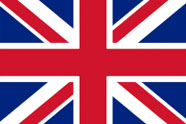
Is Great Britain a Christian Nation?by Brantley GasawayHow Do We Recognize a "Christian Nation"? |